Moving towards a more circular future
Moving towards a more circular future
As part of its commitment to incorporating more circular business models, Zalando joins The Fashion ReModel project alongside other leading fashion companies
As part of its commitment to incorporating more circular business models, Zalando joins The Fashion ReModel project alongside other leading fashion companies
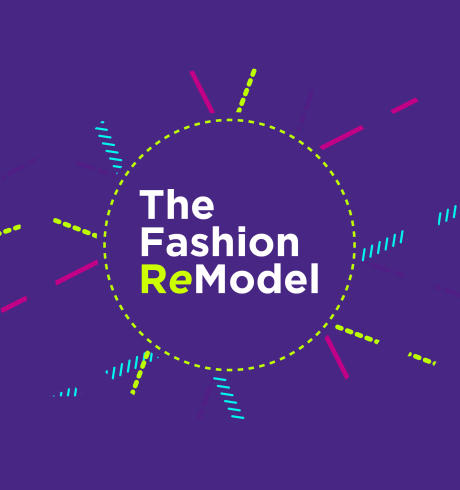
Transitioning from a linear to a circular model is key to a more sustainable future for fashion. This means shifting from a take-make-waste model— where raw materials are processed into textiles and garments and often discarded after use — to a cyclical model that minimises waste throughout the process. This can be achieved by incorporating lower-impact materials, reselling, renting and repairing products, minimising waste, and improving recycling infrastructure.
In recent years, significant progress has been made by fashion brands and retailers, including Zalando, in creating products with circular economy principles. However, scaling circular business models remains a challenge for the entire industry. “No company has yet fully mastered this challenge. For years, circularity has been one of the pillars of our environmental sustainability strategy, and one of the most important lessons we have learned on our journey is that no one can do it alone. It takes an ecosystem of brands, infrastructure, legislation, and investments to drive an industry-wide transformation,” says Pascal Brun, Zalando’s VP of Sustainability and D&I.
Collaboration has been one of our main strategies to address this industry-wide challenge. In May 2024, we took an important step to strengthen our circular initiatives by joining The Fashion ReModel, alongside other leading brands and retailers. The goal is to identify solutions to overcome barriers to scale circular business models.
Remodelling our business and driving industry-wide impact
The Fashion ReModel is run by the Ellen MacArthur Foundation, an international charity whose mission is to accelerate the transition to a circular economy in order to tackle some of the biggest challenges of our time, such as climate change, biodiversity loss, waste, and pollution. By participating, a group of pioneering businesses have agreed to take collective action to increase their circular business models, setting individual targets for a minimum percentage of revenue from such models by 2028. “The target we submitted to The Fashion ReModel focuses on the growth of our pre-owned business, which we believe is key to our business’ transition,” explains Pascal Brun.
Collectively, participants will play an active role in project workstreams, co-shaping and developing solutions to address some of the biggest challenges that prevent circular business models from becoming the norm. “We are looking forward to contributing by openly sharing our experience with circularity, learning, experimenting, and connecting with players willing to make a difference. This will allow us to bring insights back into the business to continue developing and scaling financially viable models that can contribute to our Net Zero ambition,” adds Brun.
Joining Zalando in The Fashion ReModel are other leading fashion organisations, including H&M Group and its brands (ARKET, COS, and WEEKDAY), Arc'teryx, Primark, and Reformation.
Our participation in The Fashion ReModel leverages our strategy of acting as an enabler for a more sustainable industry, leveraging our unique position as an ecosystem partner to more than 6,000 brands, serving as a catalyst, convener and connector to drive progress amongst diverse stakeholder groups. Our ultimate goal is to empower customers to buy better, wear better and feel better, while enabling brands and their value chains to become more circular and set and deliver on their sustainability ambitions.
Learn more
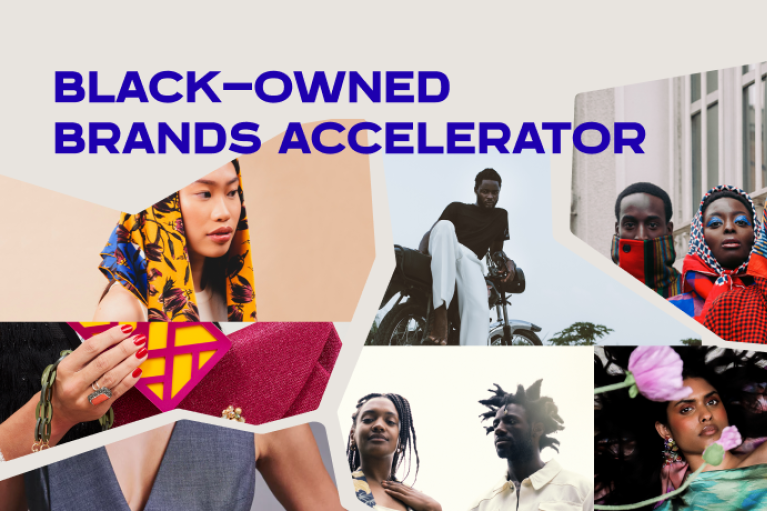
The seven Black-owned brands taking part in our Accelerator
The jury of the ADAN for Zalando Black-owned Brands Accelerator has selected seven talented brands that are taking part in the six-month upskilling programme

Acting local: our commitment to communities through volunteering
How our volunteering programme fosters personal growth, team spirit, and positive impact across local communities
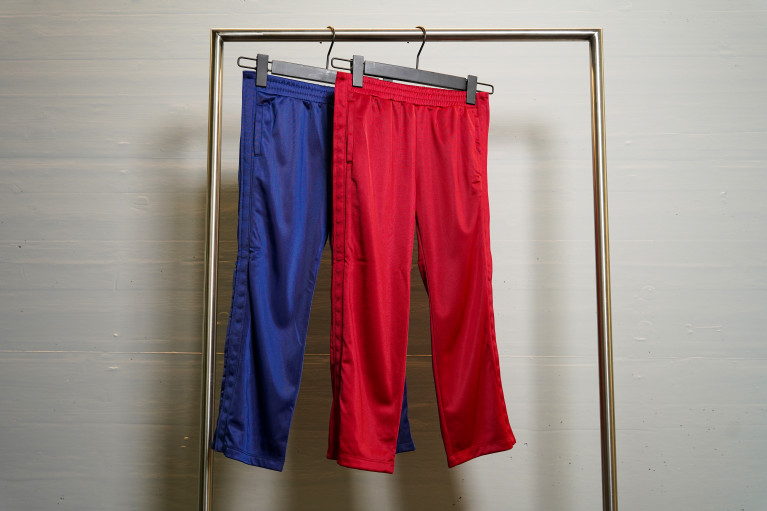
Empowering Disabled children through Adaptive fashion
Parents and caregivers of Disabled kids helped Zalando to define the most sought-after Adaptive features for its very first Adaptive kidswear collection
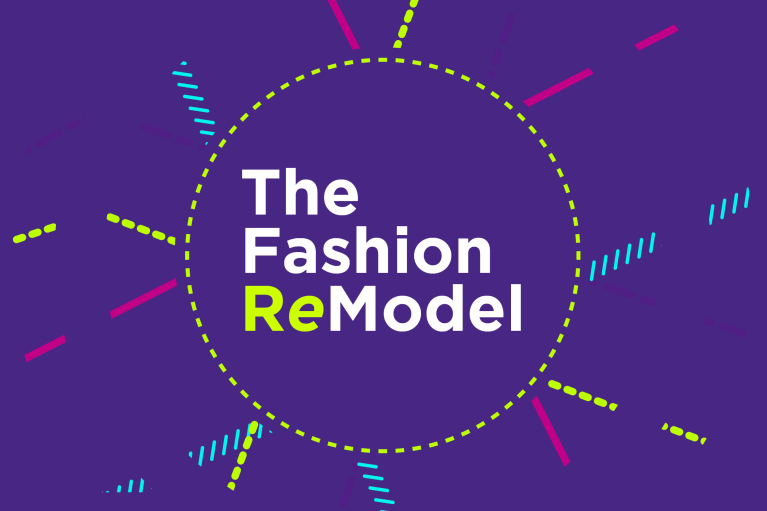
Moving towards a more circular future
As part of its commitment to incorporating more circular business models, Zalando joins The Fashion ReModel project alongside other leading fashion companies
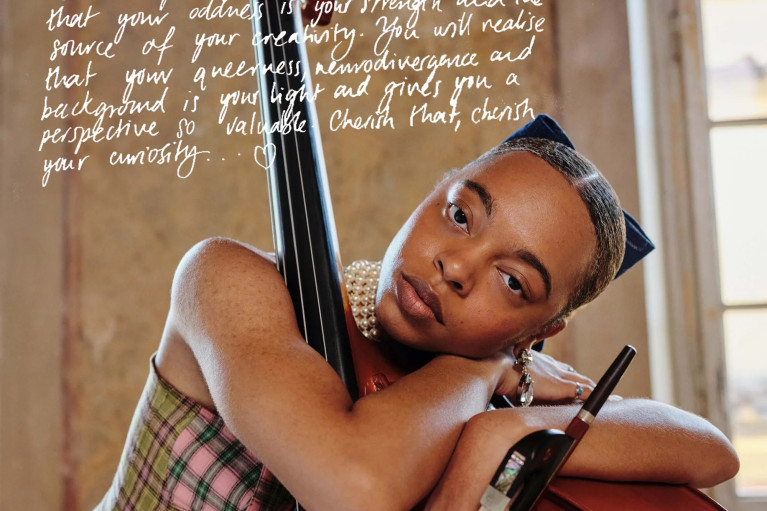
‘Their Time’ - exploring the LGBTQIA+ community’s concept of time
An insightful short film on how LGBTQIA+ people from all over Europe navigate progress at a different pace, shaped by historical and personal contexts
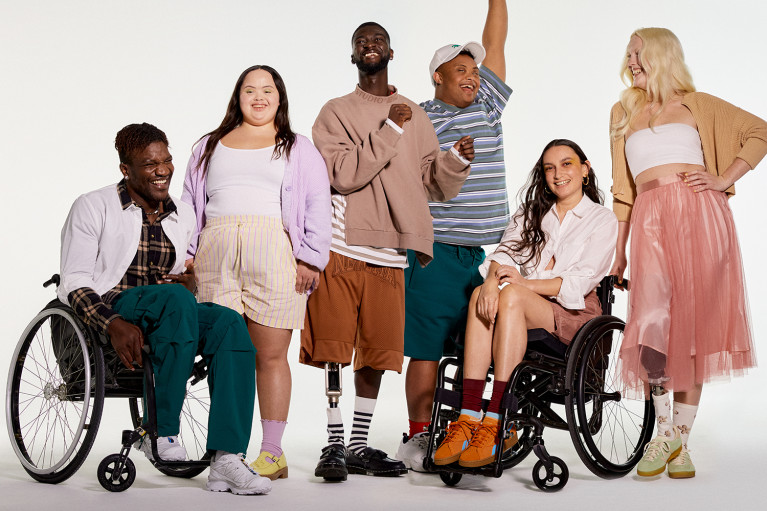
Adaptive Fashion Hub: functionality meets style and inspiration
Through an ever-growing collection and a unique shopping experience, Zalando strives to provide a truly inclusive journey for Disabled customers
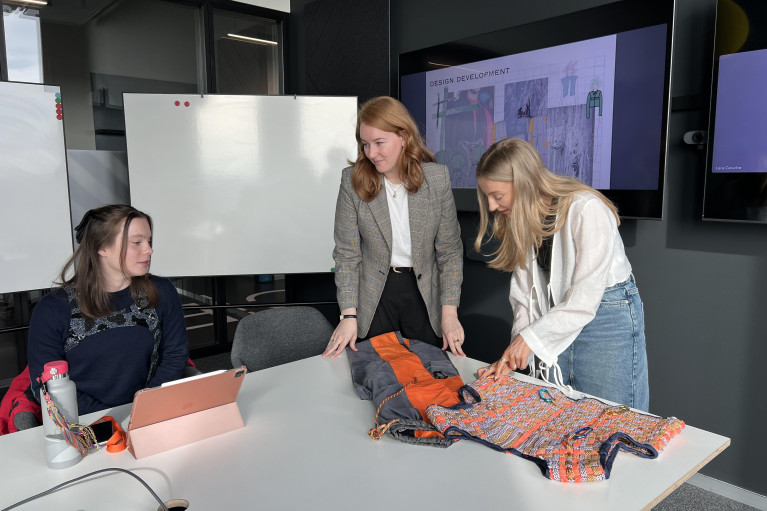
Empowering the next generation of fashion designers
Zalando expands programme that brings circularity to the curriculum of fashion design graduates

Upskilling Black-owned fashion brands with a new accelerator
Zalando and ADAN foster diversity and innovation within the fashion industry by launching a six-month accelerator programme for small Black-owned brands